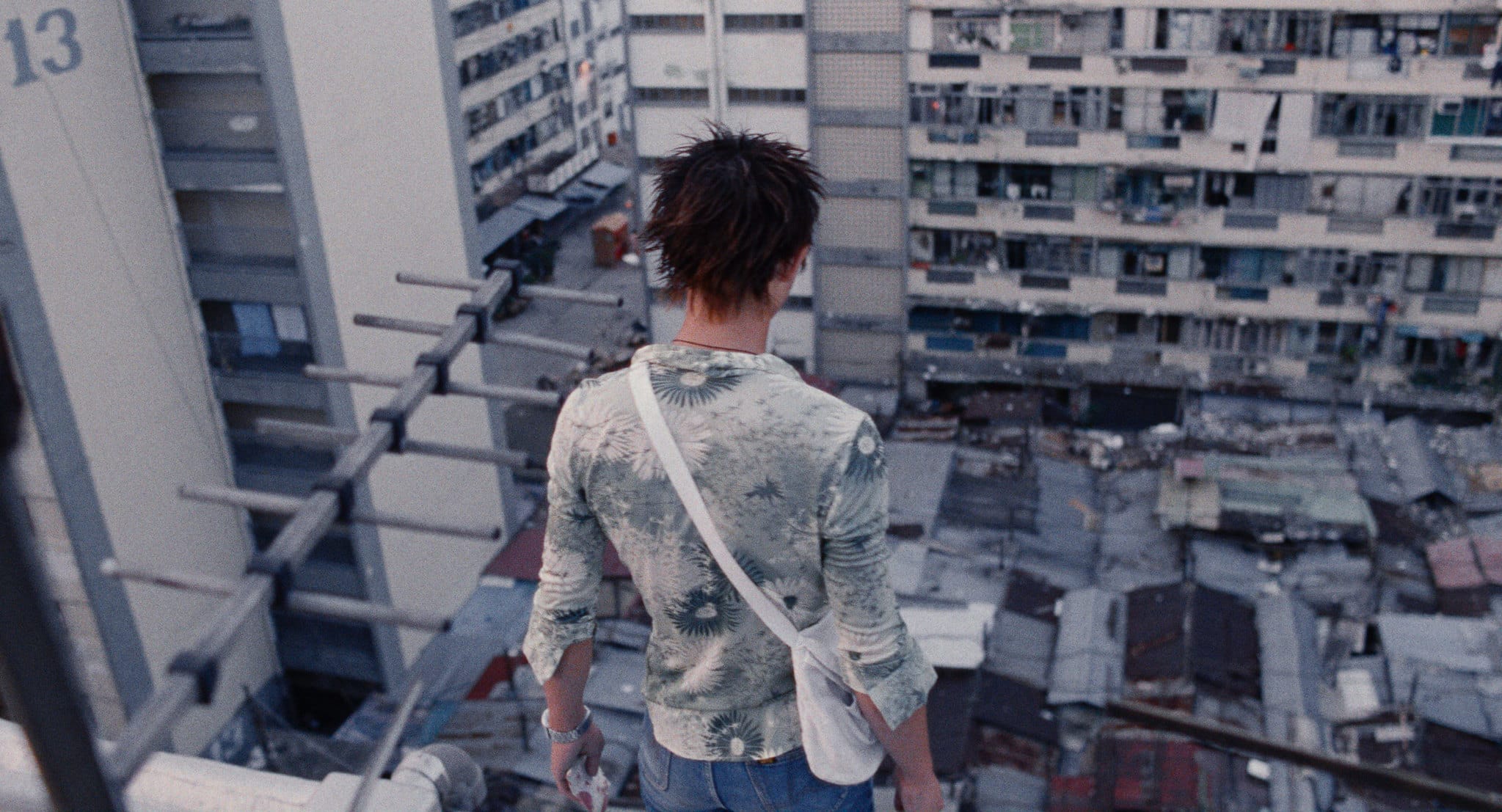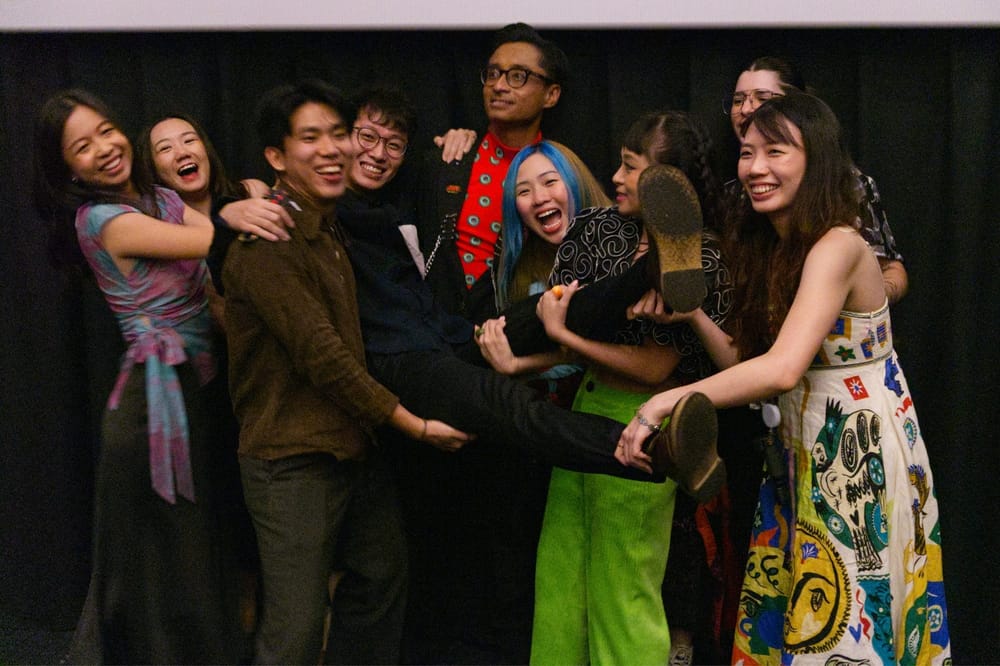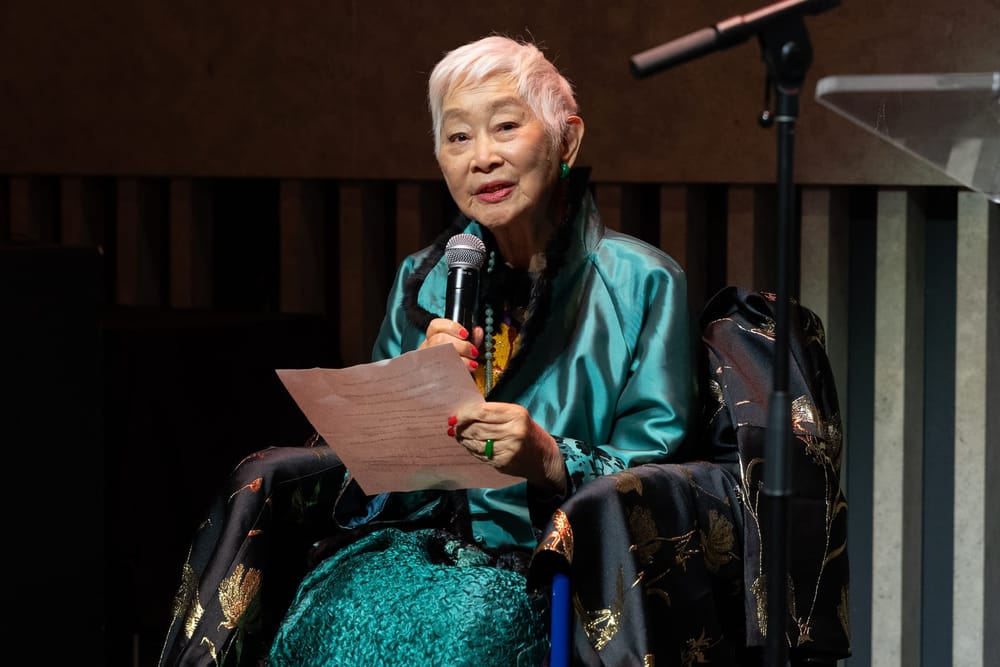By Ning Chang
"Made in Hong Kong" was the first independent film released in the region after its 1997 handover to mainland China. Restored in 4K in 2017 and now nearly three decades old, the film is finding a new audience.
The film follows Moon (Sam Lee), a high school dropout turned triad debt-collector, who crosses paths with three other teens with dim prospects. Director Fruit Chan sketches out a punky, brutalist, slice-of-life set in a shimmering 90s Hong Kong.
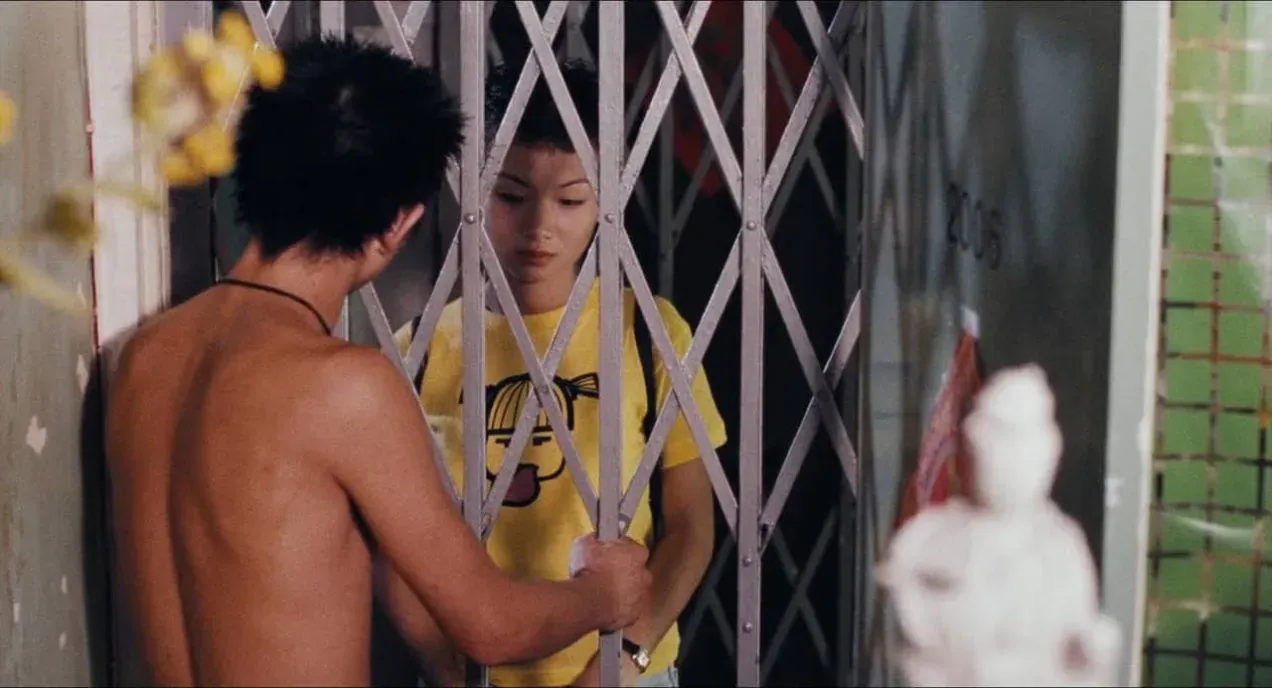
The restoration, carried out in Italy and Hong Kong using the original negative and guided by Chan himself, faithfully captures his specific and frenetic visual style, washed in the evocative tones of its 35mm source. It is a rare artifact of scrappy 90s cinema, shot on leftover film reels, cobbled together on a shoestring budget and with a cast of mostly non-professional, innocent faces.
In its stuttering hand-held sequences, shots of the protagonists unmoored in a blue sky, or freshly-washed underwear fluttering in the window, Chan’s direction feels very deliberate, intentionally capturing the particular character of the city at this juncture—an emphasis on uniqueness reflected in the title: "Made in Hong Kong."
It might be a disservice to try and compare Chan to his contemporaries in the Hong Kong film scene, but "Made in Hong Kong" very much feels like the pessimistic cousin to "Chungking Express" or "Fallen Angels." Like other films, Chan focuses on the promises of connection, but he also shows they fade in the face of common tragedies and all-too-terminal lives.
Cinematographer O Sing Pui rejects the warm, hyper-romantic lens of auteurs past to focus on the gritty energy of a city at a turning point. He revels in its vertical architecture, rendering Hong Kong a character in its own right, from the steep drop of the open-air courtyards, to a stunning scene set in a cemetery, where the characters run, hoot and holler as the camera pans out, revealing a valley of graves, their shouts of life echoing across the hills.
Chan is also unafraid to give the film some bite, toeing the line between sudden bursts of unexpected humor and cruelty, real tenderness and crushing nihilism. The film, like the characters, feels straightforward at first, but then bleeds out slowly, like poking a finger through an eggshell to hit the runny yolk within.
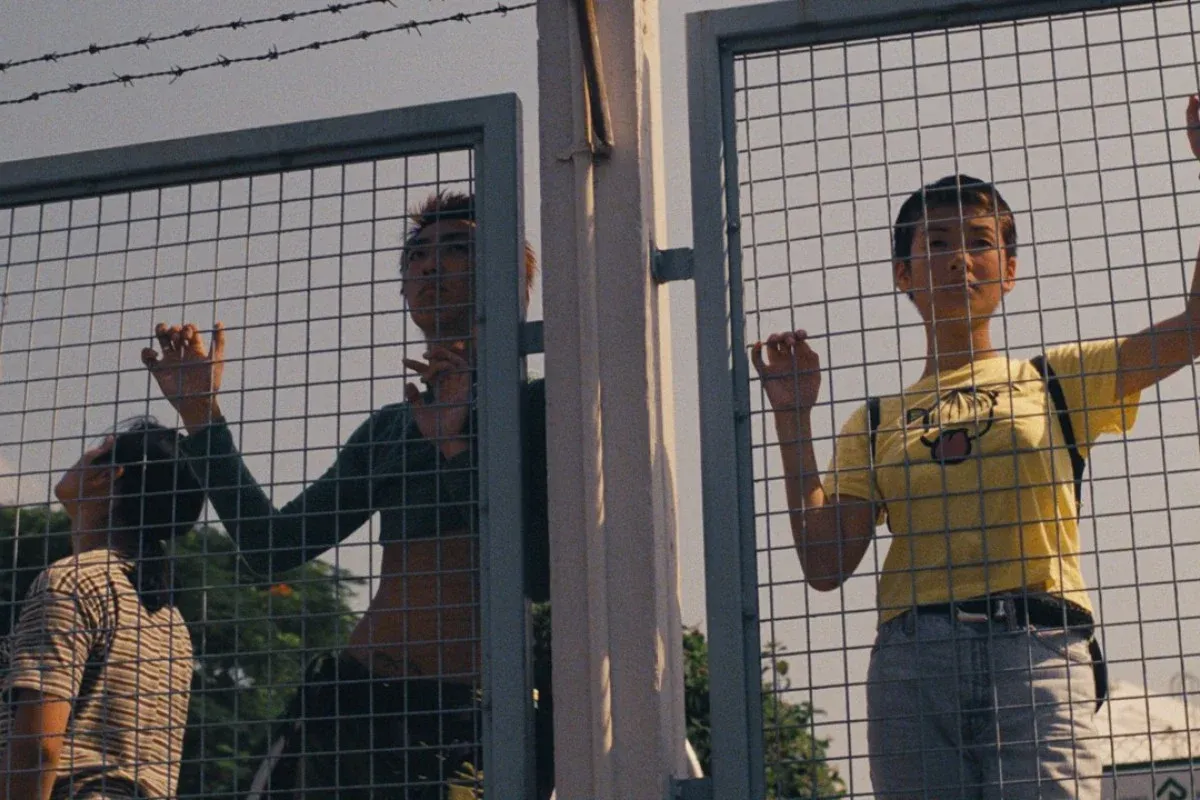
Moon, for example, seems like a cartoon of youth culture; he lounges around in his baggy jeans and tight cropped tees, jumping into fights, smashing bottles, and furiously demanding, “I’m Autumn Moon, don’t you know who I am?” until he gets the answer he wants. He is haunted in his wet dreams by his terminally ill love interest Ping Lam, and the beautiful, dead Susan Hui, whose suicide note he carries around in his pocket, delaying its return to her parents.
But in moments of frustrated clarity, he voices the doubts hanging over their heads: “This world is moving far too fast, so fast that, just when you are trying to change… there’s another brand new world!” It’s a world incompatible with the young people of the time, like the trio of innocents in the movie who see no real future for themselves, and who run up to the edge but never take the plunge.
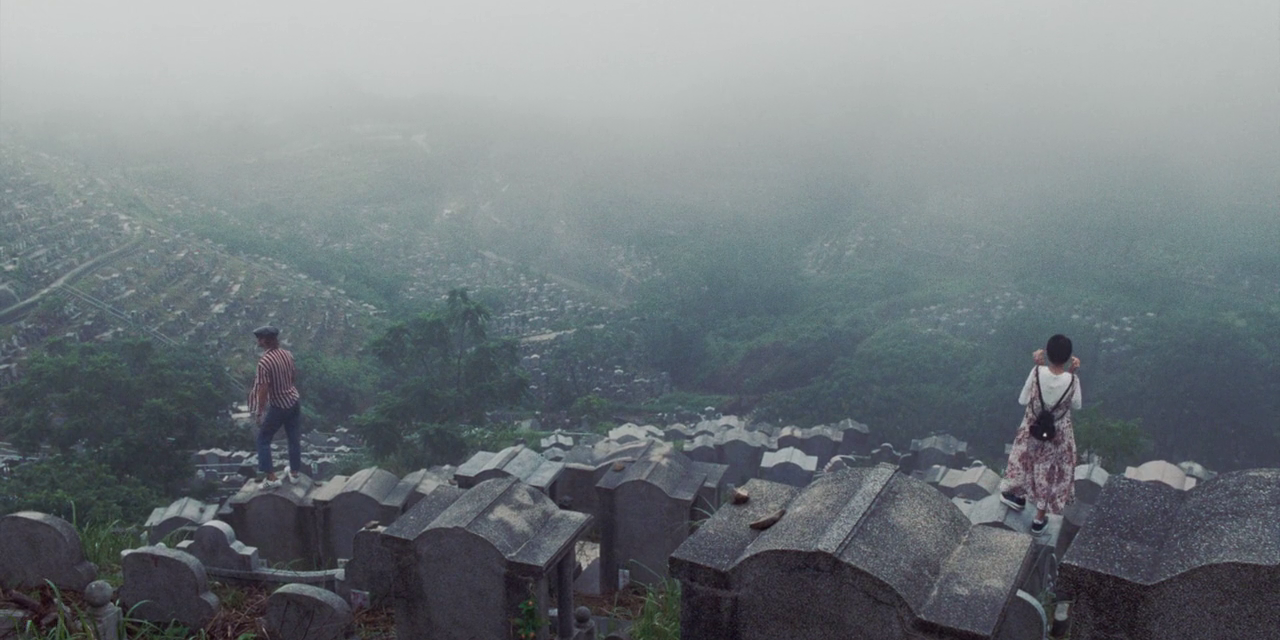
In one of my favorite scenes, Moon dances on his mother’s squat leather couch, mouthing words to a song blasting over his ever-present headphones, waving two handguns, gyrating and showing off the sweaty tattoo on his navel. He is so lost in his fantasy of being a delinquent, a mob member straight out of his posters on the wall, that he completely misses the actual triad action happening outside. This dichotomy of fiction-and-reality is further underlined when the film fractures into two storylines, one of Moon carrying out a suave noir-esque hit contrasted with the reality of him chickening out, not quite the "Leon: The Professional" he hoped to be.
While Moon blames Susan’s suicide letter as being the start of their bad luck, really, all of the characters have been living half-lives with no destination. The film can feel like a long eulogy at times, and many have tried to read it as an allegory for the handover, the end of an independent Hong Kong bracing for the uncertain, anarchic future that awaits.
"Made in Hong Kong," however, transcends the immediate subtext, instead delivering a universal tale of alienation, marginalization, and the effort to fight the predestined.
“Death doesn’t require a lot of courage,” Moon notes, as he dangles from a building. Life on the edge, however, does; Chan captures this vibrancy in "Made in Hong Kong," keeping fresh the cry of youthful revolt that still feels potent more than two decades later.
"Made in Hong Kong" can be viewed online at Metrograph Home for Metrograph members anywhere in the US.


